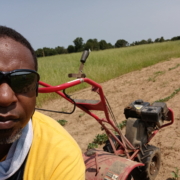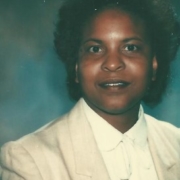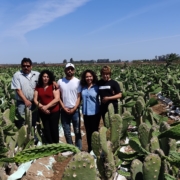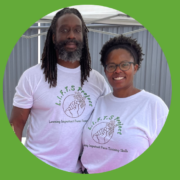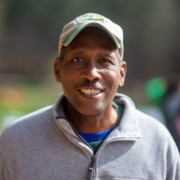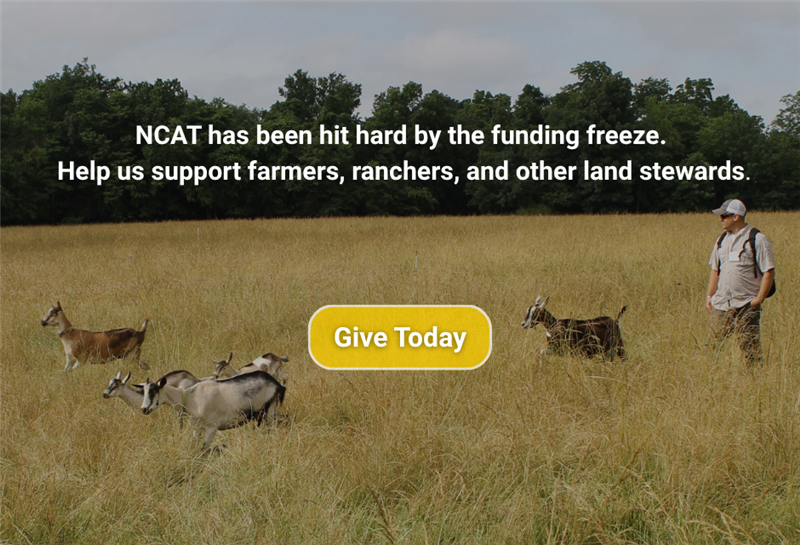Willard Tillman
Willard Tillman directs the Oklahoma Black Historical Research Project, Inc. His hardscrabble and humble beginnings taught him a work ethic and the art of hustle. He gained a sense of principles from the people he was exposed to and stayed away from trouble and troublemakers. He undertook various entrepreneurial endeavors, but when his grandmother became ill, he sold his business to move home and take care of her. He currently sells cedar chips, which have many agricultural applications.
Willard started Oklahoma Black Historical Research Project to work with some Black Native Americans, a group highly tied to agriculture. A needs assessment showed that the group lacked information on how to do things they needed to do in order to be successful, as well as information on available programs and how to engage with agencies. He received several grants to administer projects to help, concentrating on projects that were the most beneficial to the farmers.
When the group needs help in the community, it can work with local entities and organizations to get information into the hands of those who need it. Willard says he feels successful when a producer gets approved for a needed program, but he notes how important it is to stay with the producer throughout the process, to make sure the practices get put in place to fulfill the deliverables of the program.
Most producers that the Oklahoma Black Historical Research Project works with are cow/calf operations, but some raise goats or hay. More than 1,000 acres are affected through the organization. Many of these producers had “Indian” land allotments passed down through the generations. Their production is determined by both the geography and historic exclusion from programs that would allow them to produce other things. Willard says, “They had to do what they had to do to make ends meet, with nothing more than the resources they had at hand.”
He suggests that new producers become very familiar with planning and recordkeeping before even attempting to farm. His organization helps producers develop their plan and gets them to think about what their real goals are on the front end. They use peer-to-peer workshops to demonstrate to other farmers what is successful. For example, they did demonstrations using biodiesel and solar water wells and pumps to move water to different pastures.
Willard says the biggest challenge that he and other farmers face is access to capital. He notes that many Black producers don’t have the best land, and even if they could get some of the best land, it would still have to be developed. It may not be worthwhile for these producers to participate in the available programs because the benefits of these take too long to realize. In many cases, producers are developing their own solutions that fit their unique situations.
He feels that relationships are highly important, and that trust is key. He has noticed that many programs that are ostensibly meant to help farmers are not right for the people he works with and are essentially selling snake oil. In other words: the entities offering ‘aid’ say they want a certain outcome, but the true effect doesn’t coincide with what was said. He sees that with many producers, once trust is broken, it’s very difficult to regain.
To Willard, programs for producers seem to be a mixed bag. On one hand, they can be a means of overcoming challenges but, on the other hand, they can be used to hamper producers when agencies apply them differently to different groups. He emphasizes the importance of producers attending meetings to influence decisions around what the board’s priority areas should be. He would like to see agencies that say they want to help actually be helpful, beyond just a quota. He notes that there used to be help available through the Black Extension, but this is now less available. He also suggests that FSA needs in-house training in equity and fairness, to help them be more customer-friendly and stop looking at BIPOC producers as second-class citizens. He also believes that it doesn’t make sense for producers to have to start paying on loans immediately. He believes that payments should start after three years.
Willard says that, to him, success looks like sharing information and the people understanding that shared information. The community benefits from the products of the producers, and this can serve as an encouragement to some folks who have land but aren’t doing anything with it.

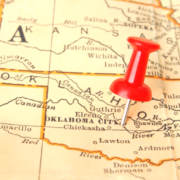
![thumbnail_ed-hunt[1] Ed Hunt](https://attra.ncat.org/wp-content/uploads/2022/08/thumbnail_ed-hunt1-180x180.jpg)

